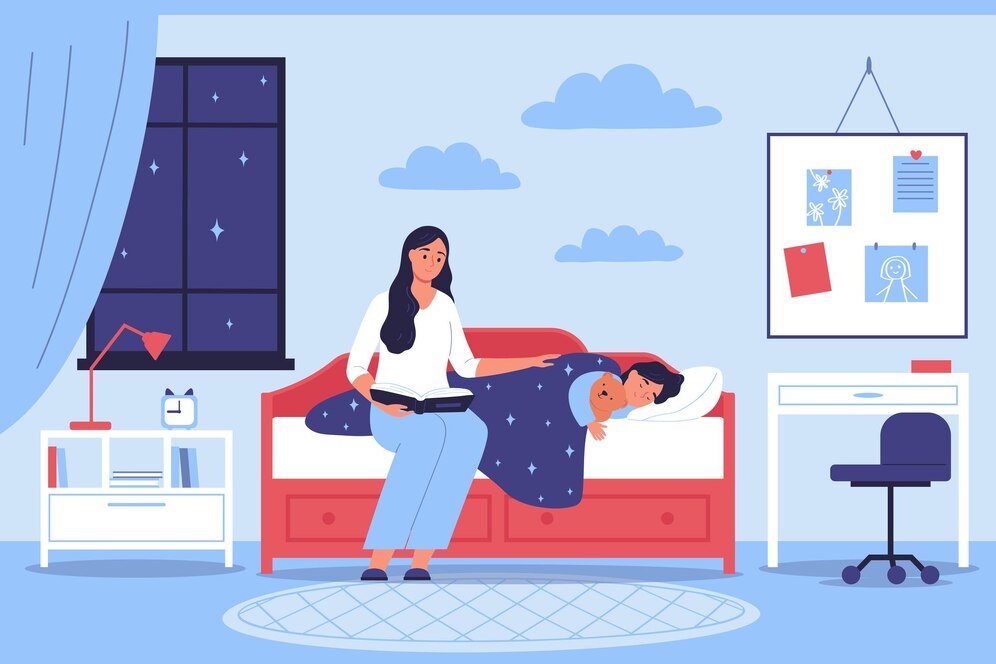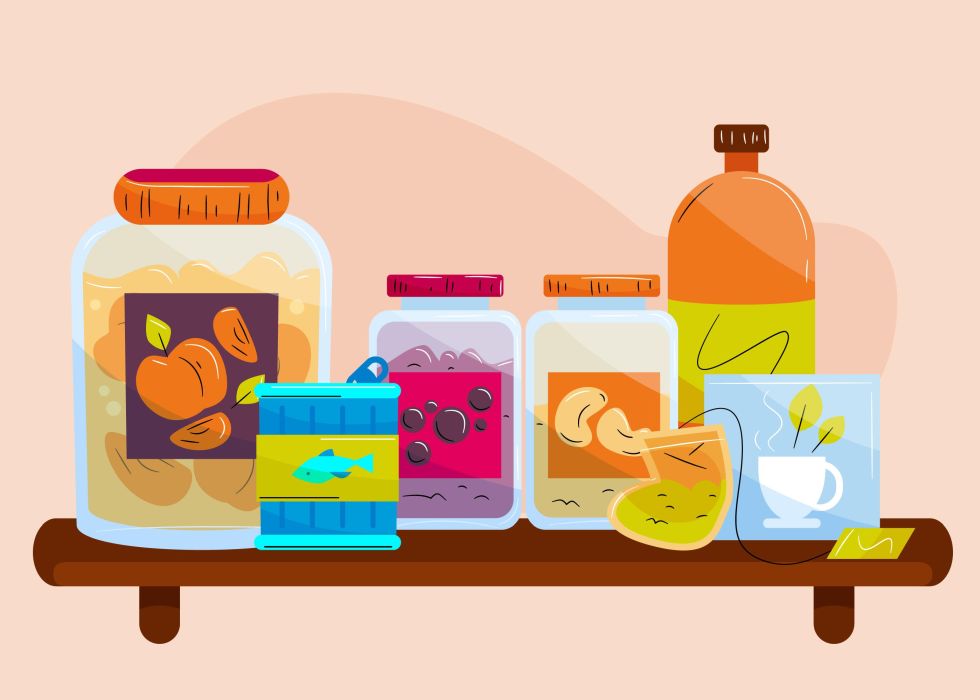- Why Home Remedies Matter for Kids
- 1. Soothing Fevers Without Medication
- 2. Tackling Coughs and Sore Throats
- 3. Clearing Stuffy Noses and Congestion
- 4. Easing Tummy Troubles
- 5. Natural Relief for Headaches
- 6. Cold and Flu Warriors
- 7. What Not to Do: Common Mistakes
- Tips for Comforting a Sick Child
- 8. When Home Remedies Aren’t Enough: Seek Professional Help
- FAQ
- Empowering Parents with Nature’s Toolkit
Why Home Remedies Matter for Kids
As parents, watching our children battle a fever, cough, or upset stomach can feel overwhelming. While modern medicine has its place, many pediatricians agree that simple, natural remedies often provide safe and effective relief—without the side effects of over-the-counter medications. In fact, the American Academy of Pediatrics (AAP) cautions against using cough syrups for children under 6 and emphasizes hydration, rest, and honey (for kids over 1) as frontline treatments.
In this guide, we’ll explore science-backed home remedies for common childhood illnesses, along with tips to comfort your little one and recognize when it’s time to call the doctor.
1. Soothing Fevers Without Medication
Fevers are a natural immune response, but they can leave kids miserable. Here’s how to help:
Cool Compresses and Baths
- Place a cool, damp washcloth on your child’s forehead or give a lukewarm bath after administering a fever reducer like acetaminophen. Avoid cold water, which can cause shivering and raise body temperature.
Hydration Is Key
- Offer fluids like water, diluted juice, or electrolyte popsicles. Dehydration worsens fatigue and headaches.
Dress Lightly
- Overbundling traps heat. Opt for light clothing and a thin blanket if chills occur.
When to Worry:
- Fever ≥102°F (for kids 6+ months) or ≥101°F (3–5 months).
- Fever lasting >3 days or paired with rash/trouble breathing.

2. Tackling Coughs and Sore Throats
Coughs often stem from postnasal drip or throat irritation. Skip the syrup and try these instead:
Honey: Nature’s Cough Suppressant
- For kids over 1, 1–2 tsp of honey before bed reduces nighttime coughing. Mix with warm water or lemon for added relief.
Saltwater Gargles
- Children 5+ can gargle ½ tsp salt in warm water to ease sore throats and thin mucus.
Steam Therapy
- Run a hot shower and sit with your child in the steam-filled bathroom. Add eucalyptus oil (for kids 2+) to loosen congestion.
Pro Tip: Elevate your child’s head during sleep to reduce postnasal drip 3.
3. Clearing Stuffy Noses and Congestion
Nasal congestion disrupts sleep and appetite. Try these gentle fixes:
Saline Drops and Suction
- Use saline sprays or drops followed by a bulb syringe for babies. This clears mucus without irritating delicate nasal passages.
Humidifiers
- Cool-mist humidifiers add moisture to dry air, easing coughs and stuffiness. Clean daily to prevent mold.
Warm Fluids
- Broth, herbal teas (chamomile, peppermint), or lemon water hydrate and soothe inflamed airways.
4. Easing Tummy Troubles
Stomach aches can arise from viruses, indigestion, or anxiety.
Ginger and Chamomile
- Ginger tea (freshly grated) calms nausea, while chamomile reduces inflammation.
Bland Diet
- Offer bananas, rice, applesauce, or toast (BRAT diet) until symptoms subside.
Heat Packs
- A warm compress on the belly relieves cramps. Ensure it’s not too hot for sensitive skin.
Avoid: Dairy, greasy foods, and carbonated drinks, which worsen bloating .
5. Natural Relief for Headaches
Headaches in kids often stem from dehydration, stress, or sinus pressure.
Hydration and Magnesium
- Encourage water and magnesium-rich foods (spinach, nuts) to prevent tension headaches.
Essential Oils
- Lavender or eucalyptus oil (diluted in a carrier oil) massaged onto temples eases sinus pressure. Avoid direct skin application.
Screen Breaks
- Eye strain from devices can trigger headaches. Ensure proper lighting and 20-minute screen breaks.
6. Cold and Flu Warriors
Colds and flu account for 30% of pediatric visits. Here’s how to manage at home:
Chicken Soup
- Studies show it reduces inflammation and speeds recovery.
Elderberry Syrup
- Boosts immunity and shortens flu duration. Safe for kids 1+.
Rest and Immune Support
- Vitamin C (citrus fruits), zinc (pumpkin seeds), and probiotics (yogurt) strengthen defenses.
When to Call the Doctor:
- High fever (≥104°F), labored breathing, or dehydration signs (no tears, dark urine).
7. What Not to Do: Common Mistakes
- Avoid Aspirin: Linked to Reye’s syndrome in kids.
- Skip Cough Meds for Under 6: Risk of side effects outweighs benefits.
- No Honey for Babies Under 1: Risk of infant botulism.
Tips for Comforting a Sick Child
- Create a Calm Environment: Dim lights, soft music, and favorite books reduce stress.
- Offer Choices: Let them pick between a popsicle or warm tea to foster cooperation.
- Monitor Closely: Track symptoms in a journal to share with the pediatrician if needed.
- Stay Patient: Illnesses like colds take 7–10 days to resolve. Focus on small comforts.

8. When Home Remedies Aren’t Enough: Seek Professional Help
Natural remedies work wonders for mild illnesses, but they’re not a substitute for medical care. If symptoms persist or worsen despite your efforts, contact your pediatrician immediately.
Red Flags to Watch For:
- Persistent High Fever: ≥104°F (40°C) or fever lasting >5 days.
- Severe Dehydration: Sunken eyes, dry mouth, no tears, or minimal urination.
- Labored Breathing: Wheezing, rapid breaths, or chest retractions.
- Unusual Lethargy: Difficulty waking, confusion, or refusal to eat/drink.
- Rashes with Fever: Could signal serious infections like meningitis.
Trust Your Instincts:
You know your child best. If something feels “off,” don’t wait—seek help. Conditions like strep throat, ear infections, or pneumonia require prescription treatments.
FAQ
Q: Can I use essential oils for infants?
A: No. Oils like eucalyptus or peppermint are too strong for babies under 2 and may cause breathing issues.
Q: When are antibiotics necessary?
A: Only for bacterial infections (e.g., strep throat, ear infections in infants). Overuse leads to resistance.
Q: Is vomiting normal with the flu?
A: Yes, but seek help if it lasts >8 hours or includes blood.
Q: How long should I try home remedies before calling a doctor?
A: If there’s no improvement in 48–72 hours, or symptoms worsen sooner, seek medical advice. Trust your gut—you’re not overreacting.
Empowering Parents with Nature’s Toolkit
From honey to hydration, nature offers gentle solutions for childhood illnesses. While these remedies are powerful, always trust your instincts. If symptoms escalate or your child’s energy plummets, contact your pediatrician. By combining traditional wisdom with modern guidance, you can nurture your child back to health—safely and effectively. But remember: Home remedies complement—not replace—professional care. If symptoms escalate or your child’s energy plummets, contact your pediatrician. Persistent issues demand medical evaluation—never hesitate to advocate for your child’s health.
Sources:
- American Academy of Pediatrics
- Children’s Health
- Mayo Clinic Health System
- Herbal Medicine Experts


